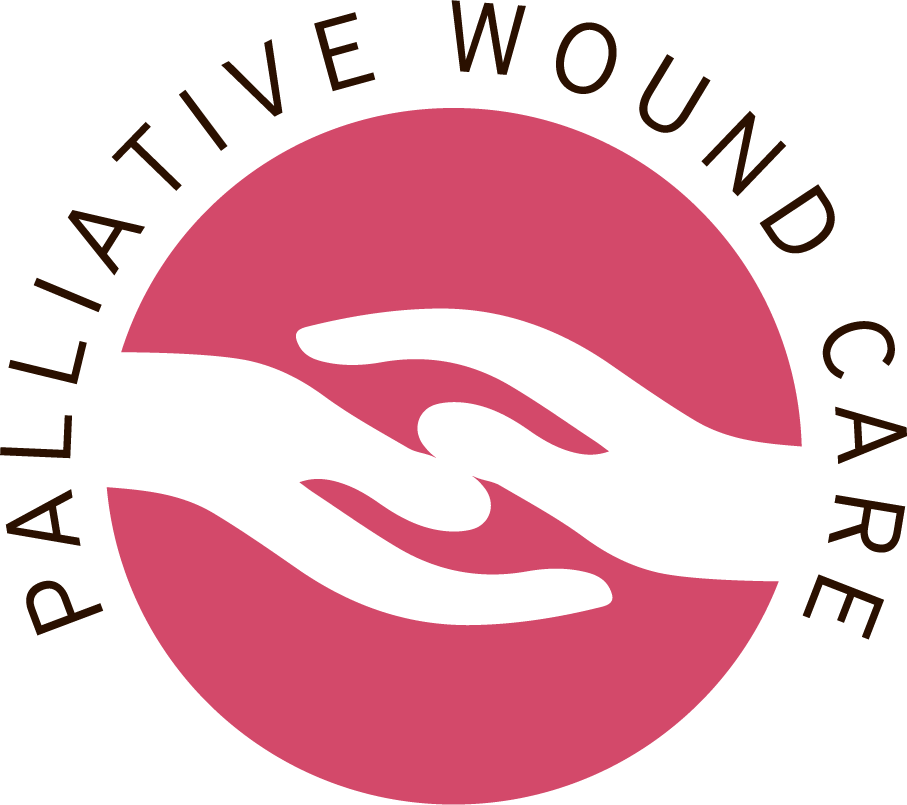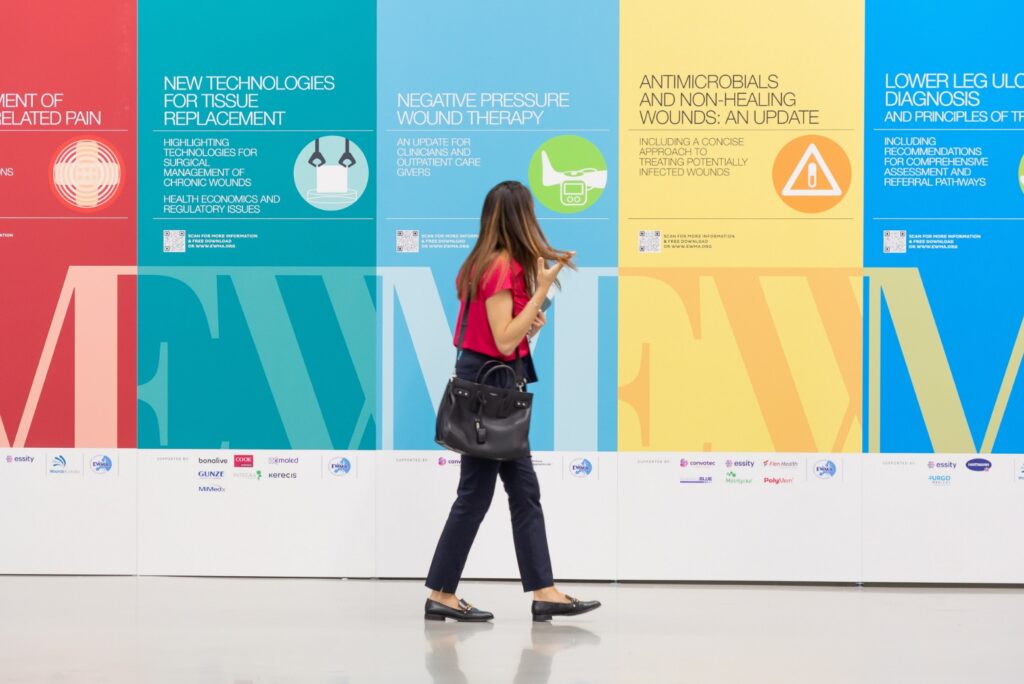Palliative Wound Care
Best strategies for management of palliative wounds and enhancement of patient outcomes, research and education in this field.
The project aims to provide a synthesis of the current evidence on management of core symptoms in palliative wounds. It will support health care professionals in their selection of the best strategies for management of palliative wounds and to enhance patient outcomes, research and education in this field.
The focus of research and education in wound care has primarily been on chronic wounds including venous, diabetic and pressure ulcers. Interventions in these wounds are aimed at healing outcomes. However, little attention has been given to wounds in patients that are unlikely to heal or that require a transient palliative care approach. For many of these patients with palliative wounds, including but not limited to malignant fungating wounds, managing the distressing symptoms of these wounds is a daily challenge and also a reminder of a failing body. Some of the inherent challenges for patients, carers and clinicians are lack of evidence on current options to manage such wounds and lack of education on how to manage them.
There is a need to review the evidence and identify, from the point of view of patients as well as health care professionals, the current clinical challenges and opportunities in palliative wound management.

Author group
- Editor: Sebastian Probst (CH)
- Editor: Georgina Gethin (IRE)
- Author: Jan Kottner (DE)
- Author: Ana Lamza (CR)
- Author: Sylvie Meaume (FR),
- Author: Elena Conde Montero (SP)
- Author: Fiona Rawlinson (UK)
- Author: Christina Megal (USA)
- Author: Hayley Ryan (AU)
Project timeline
- Project initiation: August 2023
- Expected publication: March 2025
Project supporters
This project is supported by:



